All Posts
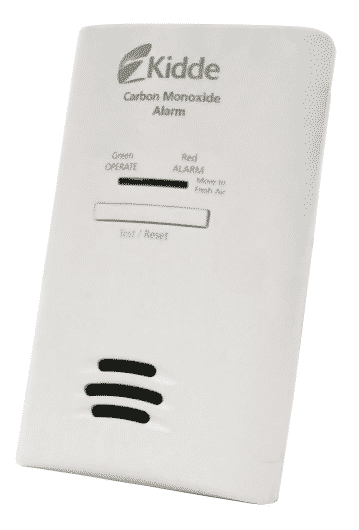 How Long Do Carbon Monoxide Detectors Last? Understanding Lifespan & Replacement
How Long Do Carbon Monoxide Detectors Last? Understanding Lifespan & Replacement
How Long Does A Carbon Monoxide Detector Last? Carbon monoxide detector lifespan typically lasts between 5 and 7 years, although some co detector lifespan models…
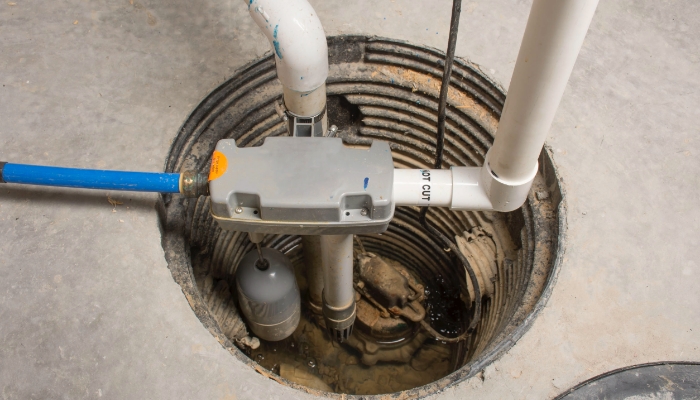 Why Does My Sump Pump Keep Running?
Why Does My Sump Pump Keep Running?
Troubleshooting Guide: Why Does My Sump Pump Keep Running? A sump pump is your business or home's guardian against basement flooding, protecting you from water…
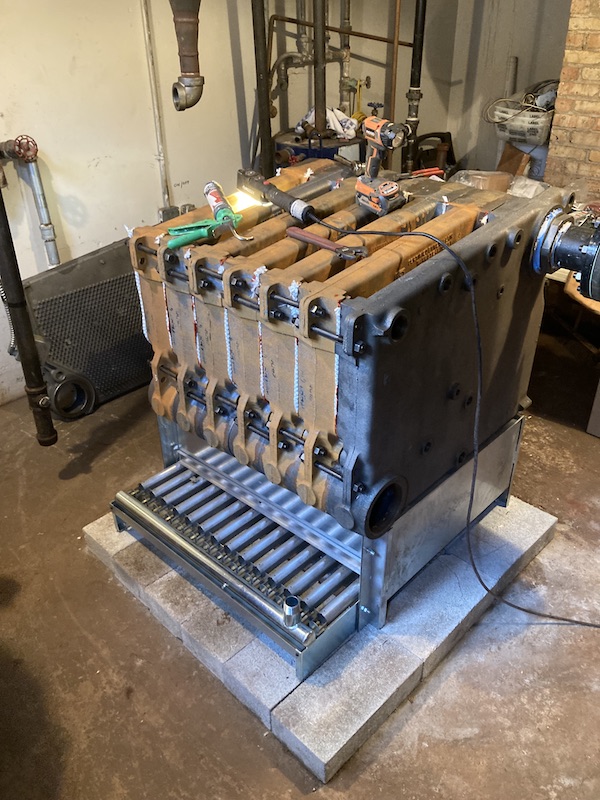 10 Common Boiler Repairs 2024-25
10 Common Boiler Repairs 2024-25
Common Boiler Heating Repairs Since 1885. While hot water boilers and steam boilers are dependable, everything breaks down over time. This is especially true without…
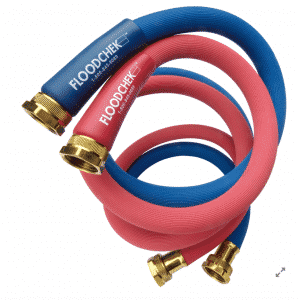 How Often To Replace Washing Machine Hoses?
How Often To Replace Washing Machine Hoses?
Inspect Water Hoses For Washer Machine Washer machine hoses are one of the most common causes of catastrophic water damage in homes, so it…
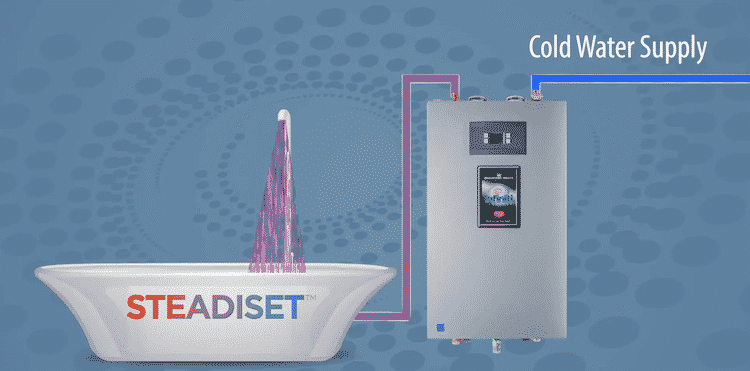 Tankless Water Heater Benefits 2024
Tankless Water Heater Benefits 2024
Tankless Water Heater In Joliet, Plainfield, New Lenox, IL We fill up big 40, 50, 75, 100 gallon water heater storage tanks, then pour…
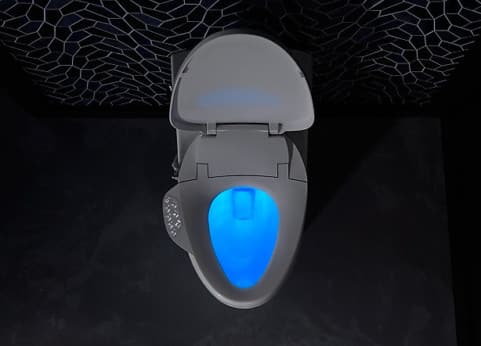 Smart Toilet Bidet Cleansing Seat
Smart Toilet Bidet Cleansing Seat
. Smart Toilet Bidet Seats: A Fresh Way to Clean No need to buy toilet paper. Smart toilet bidet seats offer a number of benefits…
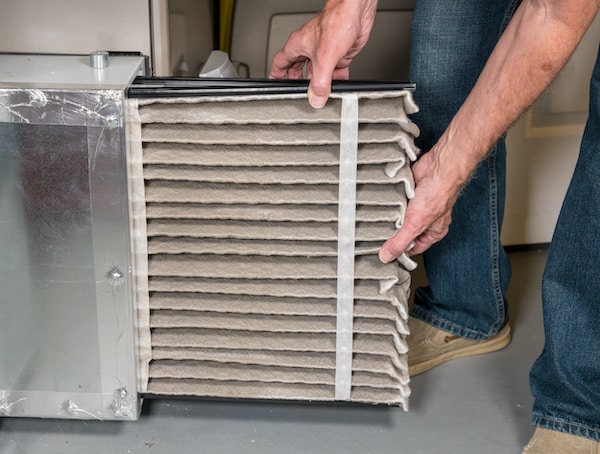 Why Is My Furnace Making Noises?
Why Is My Furnace Making Noises?
Why Is My Furnace Making Noises? Hearing unfamiliar noises from your furnace often indicates a malfunction. Finding the cause of a furnace noises can…
Protect Your Business with Expert Drain Maintenance for Over 100 Years. More often than not, a malfunction occurs due to a lack of awareness…
 Best Air Cleaner Near Me
Best Air Cleaner Near Me
. Airborne Viruses Can Live In The Air For Hours. A good air cleaner can reduce flu, cold particles to almost zero. Protect your family…
What Are You Breathing? Here are some important points to help improve your health and indoor air quality (IAQ). Did you know that sneezing sends into…






